
In my last article, I cast a broad net and talked about the five most common real estate investments:
1. Flipping
2. REITS
3. Small deals (1-4 Units)
4. Big Deals (5+ Units)
5. Syndication
Today, we are talking about flipping real estate, the benefits and drawbacks that are associated with it, and a brief overview of what it entails.
Flipping
Simply put, house flipping is the act of buying a home and selling it at a higher price. This is typically done by finding a foreclosure, or a fixer-upper home that is in disrepair and needs a lot of improvements. It is then purchased, updated and fixed, then sold for a higher price than what was invested into it.
As TV shows like HGTV’s Property Brothers, Flip or Flop, or Flip this House become more popular, many people are getting attracted to the idea of house flipping. Just like any other TV show, they show all the glamour and money to be made, but rarely show the behind the scenes happenings.
The truth is, there are a lot of things to keep in mind when flipping homes. And, it isn't for everyone. If you are looking for a traditional real estate investment that will pay you passive cash flow each month, while earning appreciation and equity, this isn't the investment for you. Flipping is typically an investment made in order to gain a one time return on your investment, then reinvesting that profit back into your next project.
Flipping isn't for everybody and it's not a get rich quick scheme, so run away from anybody telling you so. In order to begin, you need to put together a team that you can trust. For starters, you will need a realtor, contractor and lender. Depending on your background and experience, you can do some of these things yourself. Have these roles clearly defined before beginning work, and make sure all agreements or partnerships are in writing to protect all parties
Overview: How-To
-
Locate Potential Properties
First, you need to locate all of the pre-foreclosures, foreclosures, and fixer-uppers. This is where the Realtor comes into play. They have access to all of this information, and typically hear about deals before they hit the market. A great relationship with a realtor will help you in the long run, as they can find you deals, help you purchase, and help with the sale once research is completed.
-
Do the Math
Once you locate a potential flip property, you or your contractor need to thoroughly inspect the home. You will need to find out exactly what needs to be done to the property to bring it to code, then plan for your updates. Once you and your contractor have a plan and bid, you can analyze the property to make sure that the purchase price, plus the repair or update cost, still leaves room for a profit once the property sells.
-
Don’t get Emotionally Invested
The biggest thing to remember when it comes to locating your flip project is to not get emotionally tied to the house. You are making all of your decisions based on logic, numbers, and efficiency. Investments should not be made on emotions, but only when the numbers make sense; remember, a flip investment is not your dream home. Heeding this advice will save you thousands, if not millions, in the long run.
-
How are you financing this project?
Depending on whether you are paying cash, or trying to finance the home, will determine how long it takes to close on the property or if a lender is involved. There are some great low-cost renovation loans out there, so be sure to find a good lender in your area. If you need help locating one, reach out to me at any time, whether you're in Anchorage, Alaska or even out of state.
-
Get started!
Once the property is secured, the work begins. The goal is to get all the work completed as quickly as you can so that you can get the property back on the market and sold. The more properties you flip, the more profit you stand to make.
-
The Fine Print - Selling and Taxes
As soon as the property is finished, the next phase is to sell it. This is where the real estate agent takes over. A lot of people either get their real estate license themselves or partner with the agent, especially if you are continually flipping. Find a trusted agent to partner with and the purchase and sale process will become much easier. The worth of your property is dependent on the market and comparable properties in your area, not what value you think it's worth. It's important to remember, now that you put all this work into your flip, to not get emotionally tied to it. Once sold, the profit can then be rolled into the next project or other types of property. There are several ways to save on the tax burden from a short-term hold and flip, so make sure to talk to a trusted CPA.
Investment or Sale Job
Something to consider: Is flipping properties an investment or a sales job? To invest is: “To expend money with the expectation of achieving a profit or material result by putting it into financial schemes, shares, or property, or by using it to develop a commercial venture.” By this definition, it is an investment because you are gaining a profit when you sell the property. However, you are still trading your time for money by doing the flip, and you don't earn the profit until the property sells. For this reason, I personally consider this to be a sales job. You are buying property, trading time to do the work, then selling to earn a commission. This can be a great way to start investing in real estate. When used in conjunction with multi-family real estate investing for passive monthly cash flow, flipping can be a great way to raise capital for larger investment ventures.
When it comes to consulting, purchasing or selling real estate, Precision Home Group puts your best interest first. Based in Anchorage, Alaska, we work hard for our clients by providing excelling service, marketing, and information to keep you well equipped for your ventures.
Looking for more information? In our next article, we’ll be taking a closer look at REITS — real estate investment trusts. If you have any further questions reach out to me anytime at 907-302-1011 or matthew@precisionhomegroup.com.
Precision Home Group is based in Anchorage, and provides real estate services to Southcentral Alaska. We will keep you informed on current trends and market dynamics to help you make the best informed decision. If you are interested in purchasing a home, get in touch with our experienced real estate agents! Our team of experts will negotiate great deals for your home and help you navigate the buying or selling process every step of the way. If you are looking to get into a property that makes sense, or need help analyzing a potential property, reach out at 907-302-1011 or email at matthew@precisionhomegroup.com.
Properties in Anchorage
Posted by Matthew Lindsay on

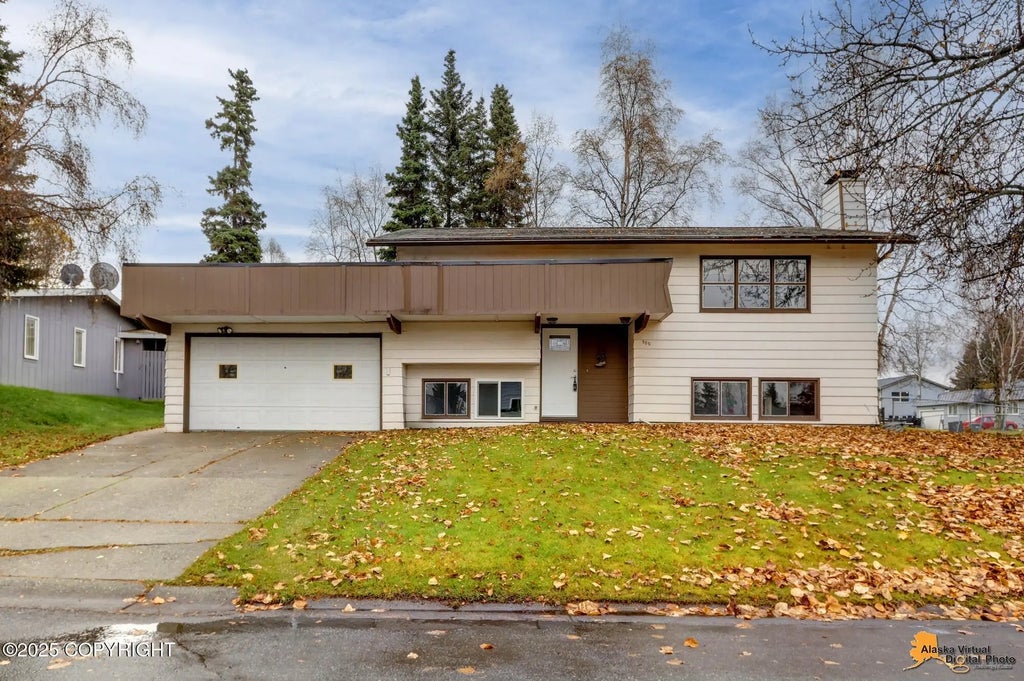

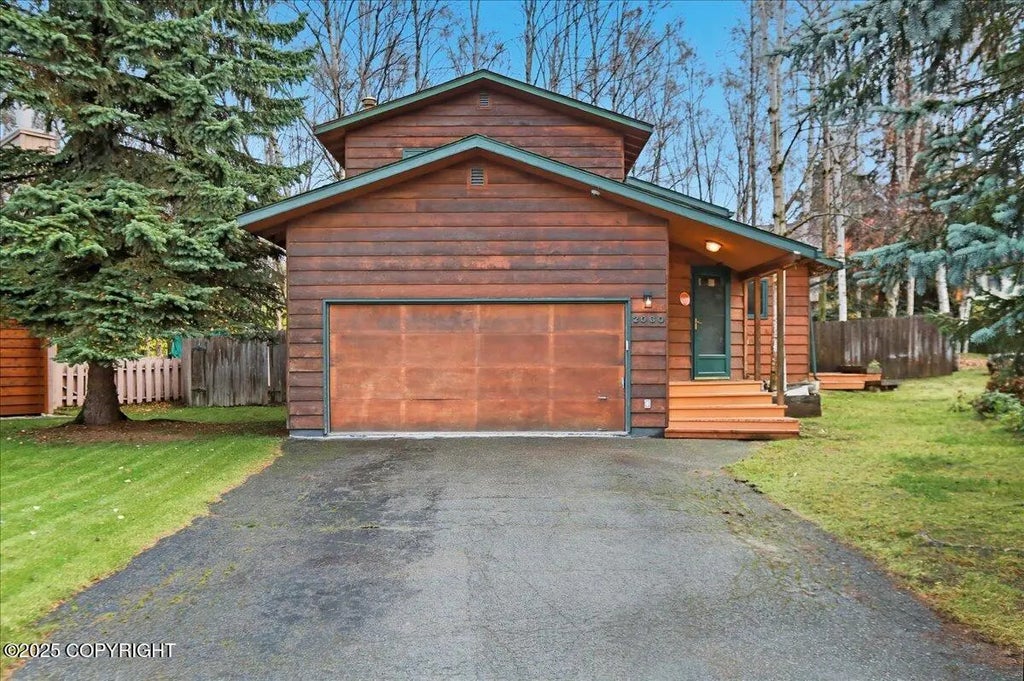
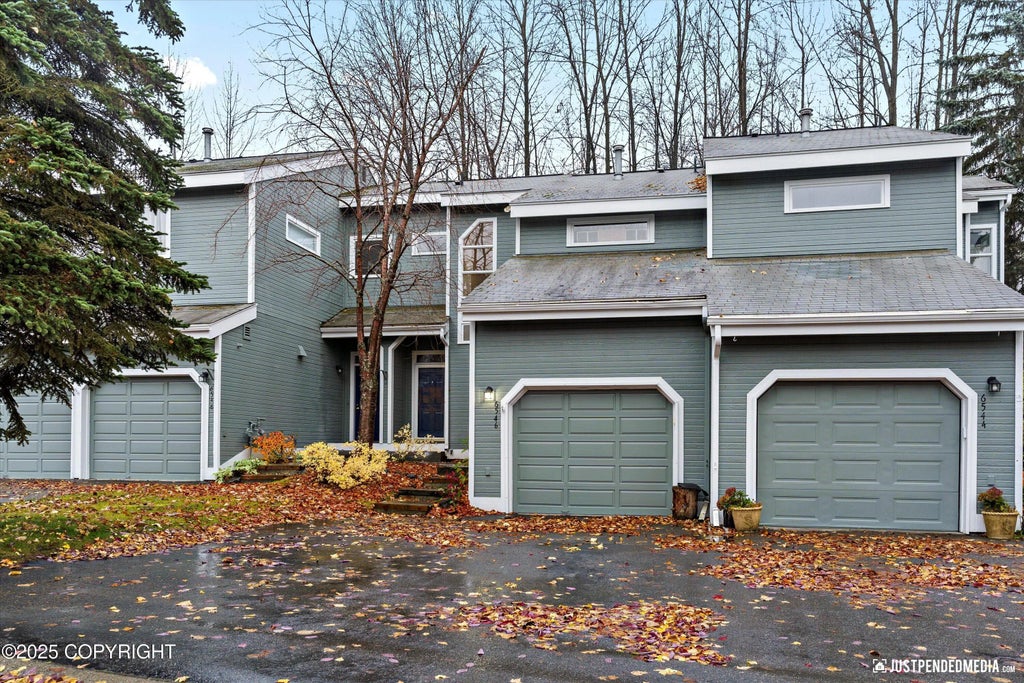
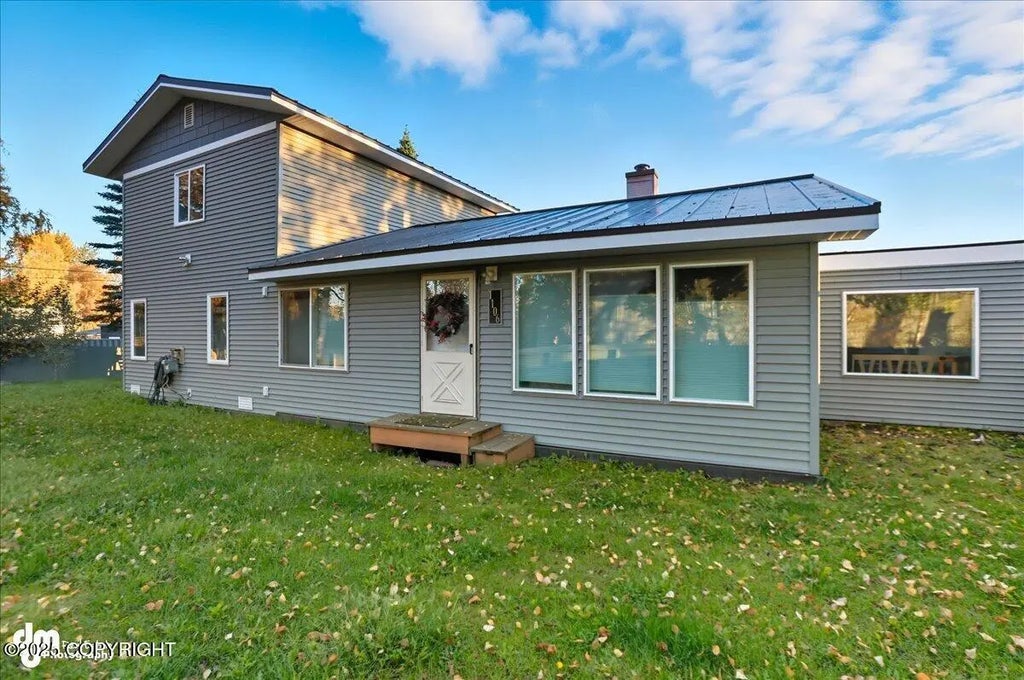
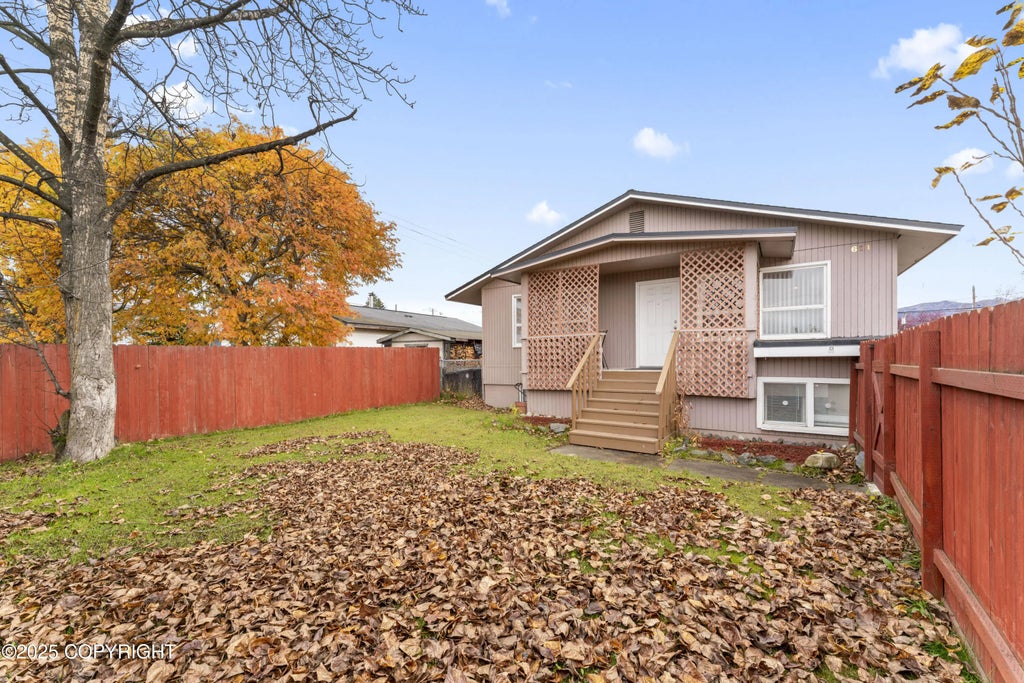

Leave A Comment